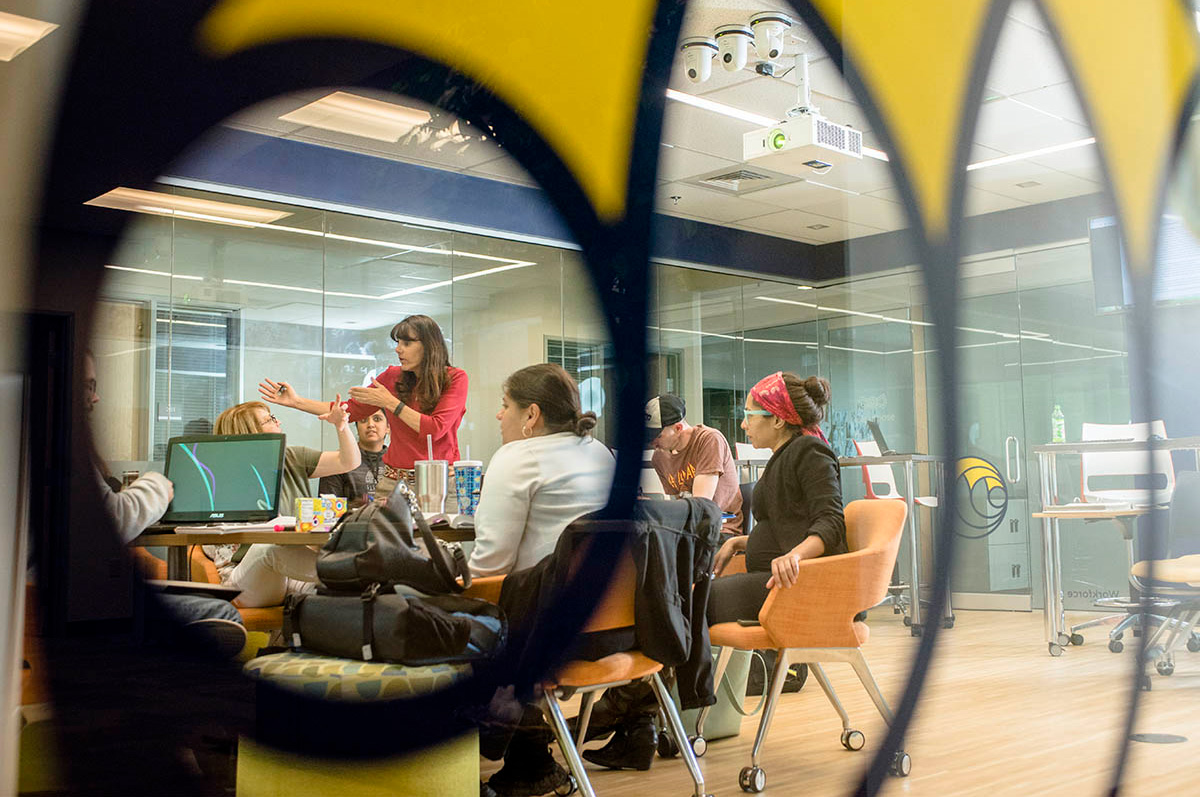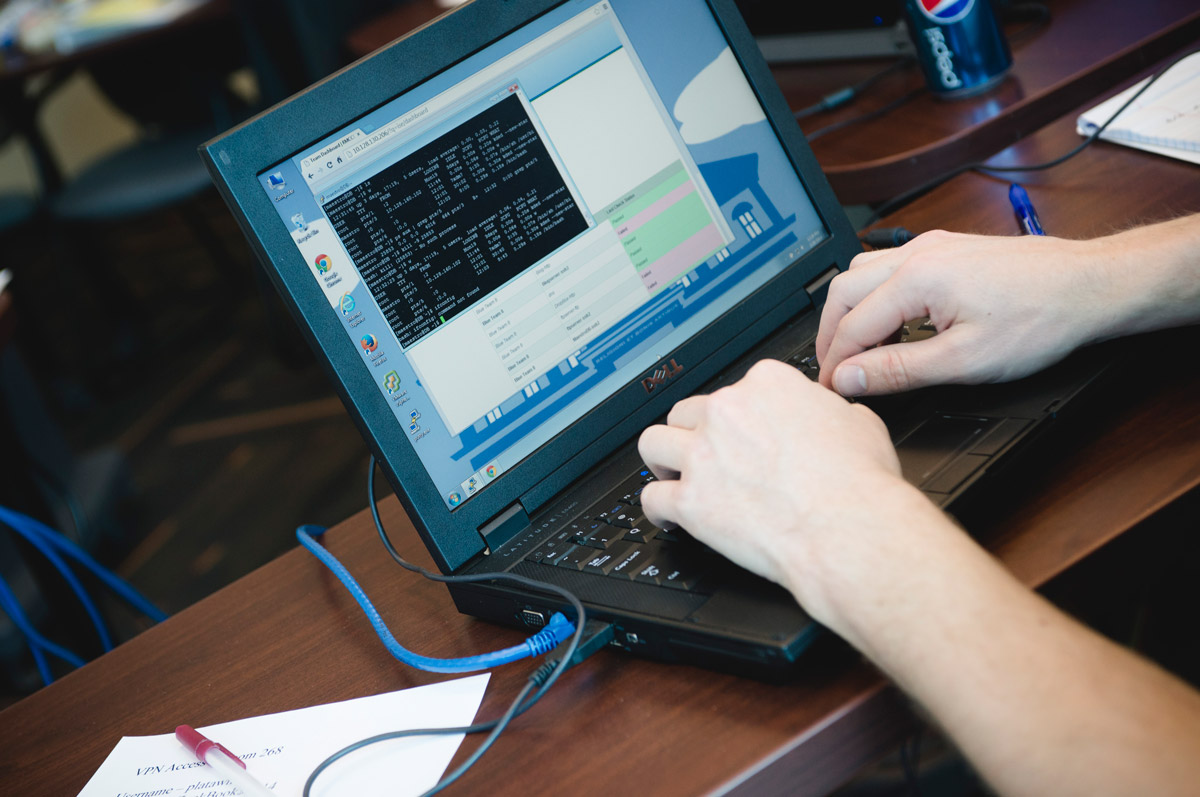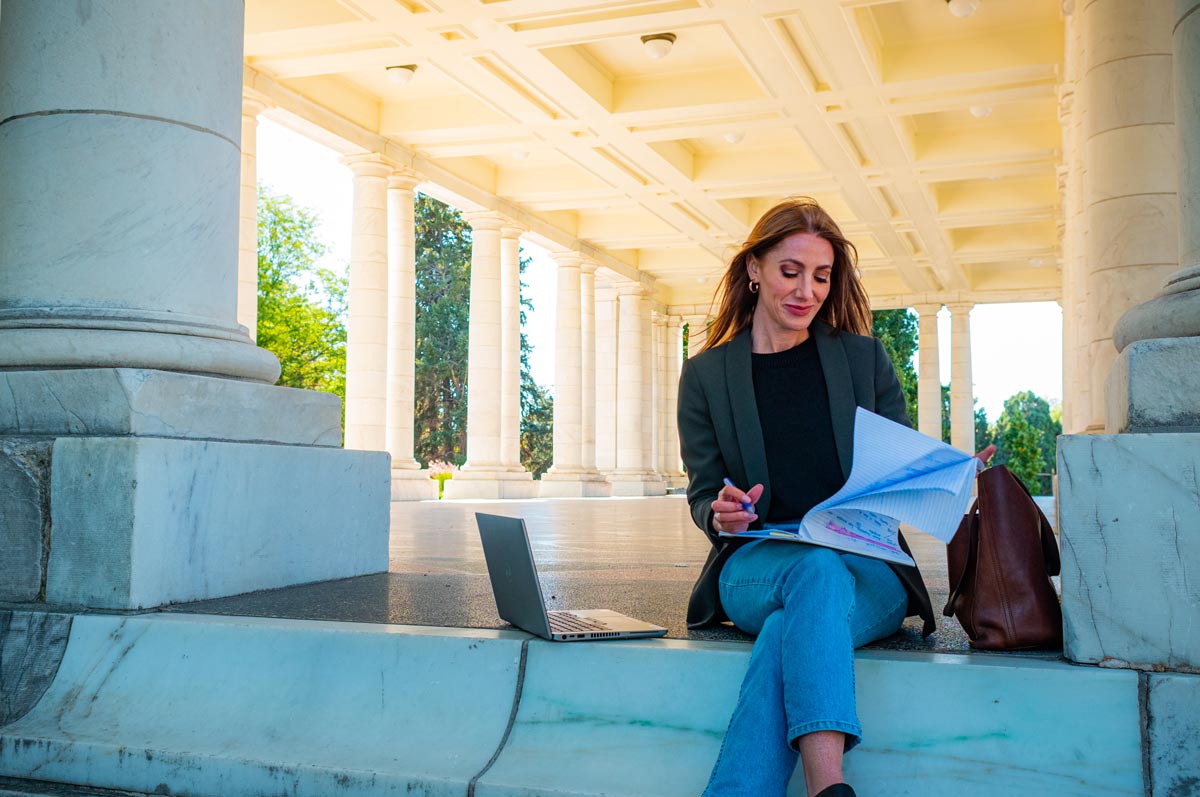How health leaders can tackle rural vaccine distribution in the next pandemic
As the vaccine rollout continues, Regis University Assistant Professor Melissa Bosworth is in regular contact with rural health leaders across the state. They all tend to agree: the pandemic is not over yet — and it’s not the last one we’ll experience.
And from community acceptance to safe storage, rural communities have faced unprecedented vaccine distribution challenges.
They’re challenges Bosworth knows well. For the health services education expert, they have played out both inside and outside of the classroom.
In addition to her work at Regis, Bosworth is the founder of Vertical Strategies, a consulting firm that caters to health-focused nonprofits, and the executive director of the Eastern Plains Healthcare Consortium, a network of critical access hospitals that work to ensure rural health sustainability and independence.
For a health services education class capstone project, Regis students mapped out ways to equitably distribute the vaccine along social, financial, human and technological factors. The class discovered for themselves the challenges that leaders faced as vaccines were introduced to the public.
“About halfway through the course, students came out pretty overwhelmed, thinking, ‘Wow, this is a lot. It's too much to handle in eight weeks,’” Bosworth said. “And that was one of the lessons: This is an enormous issue, especially when you're trying to get out to multiple populations. There are so many other factors that come into play.”
So, with these lessons in mind, how can health leaders combat challenges unique to their communities — and prepare for the next pandemic? Bosworth offered advice to leaders.
Build partnerships with other rural communities.
In the face of vaccine skepticism in some rural communities, Bosworth recommends building partnerships with local peers.
“Call up your neighboring hospital administrator and see if you can join forces and share resources,” she said. “Some hospitals and clinics will have a dedicated marketing or PR person who can just continually come up with ideas about education. Every community that I've worked with is more than happy to share their expertise and their resources.”
More broadly, she said, leaders should look toward the community at large for help.
“Partner with other community leaders, like the school districts, law enforcement, business leaders in the community, and see what you can do to come up with educational tools,” she said.
Place more emphasis on improving community services.
Bosworth encourages leaders to take a holistic approach to health.
“All human services and all social determinants are going to heavily play into the impact of health,” she said. “So, hospital administrators and clinic administrators need to do a much better job at connecting with their community partners that are working toward those issues.”
Partnerships can be strengthened in the areas of human services, housing, transportation and food security, Bosworth said.
“If/when another pandemic comes, it's going to be those social influences that are playing into people's health, that are going to make them at higher risk or a little more secure,” she said. “That has to do with the vaccination, and it has to do with so many other different factors. But we can definitely do a better job next time to make sure not so many people die from this.”
Bosworth said this is especially true for Black and Latinx Americans.
“Putting more focus on [Black and Latinx] residents during a pandemic and an infectious disease outbreak will help the entire community even more,” she said.
Urban communities should learn from rural neighbors.
During the next pandemic, Bosworth said, urban communities should take advice from their rural counterparts.
“In rural communities — this isn't their first rodeo,” Bosworth said. “They've gone through the Dust Bowl, they've gone through original reckonings with the internment camps, and we've historically had to do much more with less.”
Plus, Bosworth said, innovation often starts in rural communities.
“To our urban friends and partners in health care, we ask you to take lessons from us, talk to us see how we've maneuvered some really, really difficult situations because that's why all these hospitals are standing right now, today,” she said. “They've had to innovate through this.”
At Regis University, our mission is to provide innovative education grounded in academic excellence, scholarship and social justices to cultivate visionary health care professionals committed to advancing the health of our global community. Explore Regis’ health care programs.



